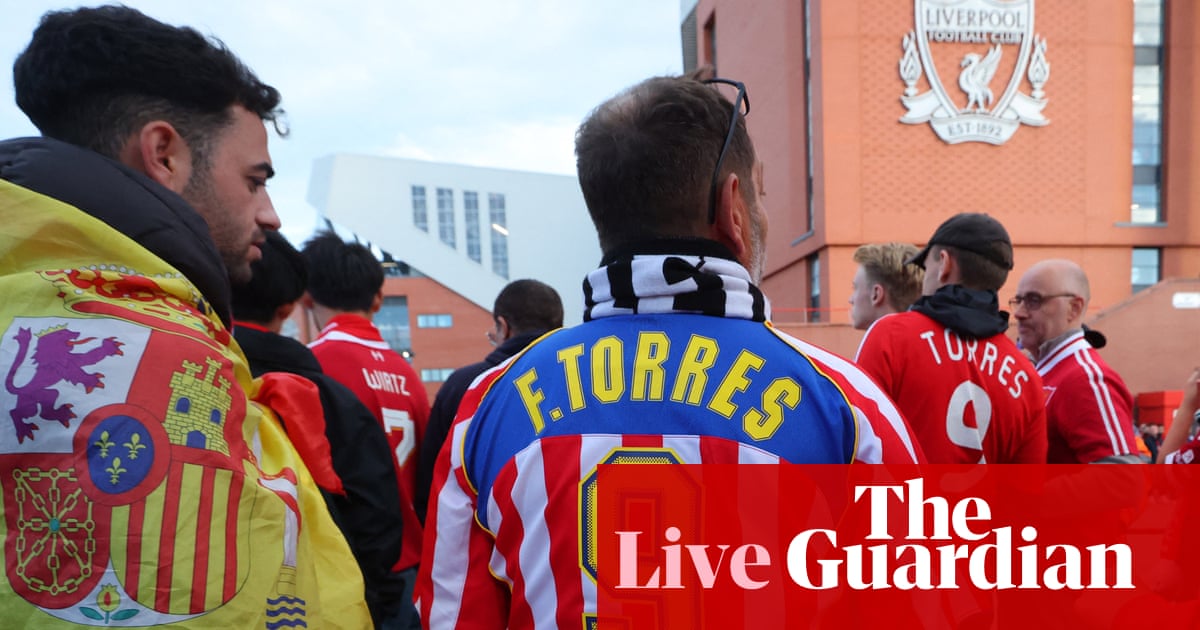Lives can turn on one mistake. Smith’s comes when he is caught in the corner of a restaurant in the Hamptons on the last night of summer, snorting cocaine from a key. He walks calmly out with the two khaki-clad police officers, poses for a mugshot and posts his $500 bail.
Smith is Black, which won’t help, but he comes from wealth, which will. So he calls his sister, who calls his father in Atlanta, who tells his mother, who collapses on the floor in shock then starts calling lawyers. Smith prepares for his court date with a series of AA meetings and counselling sessions that will make it clear that this promising young man is on the road to redemption.
The contrite lines Smith rehearses have some truth, and his legal troubles are not the only thing on his mind. He was a model student as a boy, living up to the pedigree of his family of Atlanta landlords, lawyers and professors. At university, new social worlds opened thanks to new friends Elle, the effervescent Black daughter of a successful soul singer, and Carolyn, an impulsive white art-world scion.
After graduating, Smith shares a New York apartment with Elle, mixing brunches, hook-ups and club nights with fairly half-hearted work. A content strategist at an arty startup, he is in an investor meeting when his phone buzzes with the news that Elle has been found dead of an overdose. Revelations and rumours spread and Smith spirals, partying harder until his arrest a few weeks later. Before long, a Vanity Fair journalist is pestering him with questions, and Carolyn won’t answer his calls.
Brooklyn-based writer and academic Rob Franklin, like Smith, moved from Atlanta to New York. He shared an apartment with a young woman, Lyric McHenry, who died from a widely reported overdose. His watchful and poetic debut does not dwell on the obvious drama of arrests or police investigations. It is about a gay twentysomething trying to figure out his place in the world, and plenty more besides: this is a book about New York that’s part love letter, part reckoning; a tale of glamorous club kids and their sometimes bleak inner lives; and an account of the way privilege and race intersect.
after newsletter promotion
Franklin evokes a world of slick surfaces. Carolyn’s set seem to live “entirely by what looked best in retrospect”, moving from impossible-to-get dinner reservations and bleary afterparties to stage-managed meet-ups in which a picnic is “incomplete without a tuft of bundled peonies, a sketchbook casually strewn”. One apartment has “an emerald slab topped with a polar bear hide” instead of a couch; Smith’s workplace is built of “polycarbonate and Lucite” and peopled by “ex‑bankers in boot-cut denim and software engineers in Yeezys”.
There are moments when Smith relishes this life and finds joy in his friendships and the release of the dancefloor. But shadows are ever present. Smith claims he isn’t addicted to a substance as much as a desire to “negate or obliterate” time. As his court date beckons, he looks back on the detritus of Elle’s life: the piled gift bags and cosmetics that were her payment for interning, the inverted drugs baggies that filled the bin.
Smith’s status and connections grant him access to exclusive circles, but his entry is conditional: he is a “brown, queer interloper” who offers Carolyn’s group a multicultural veneer. Elle’s death is made to fit a tragic story: “Black pain”, Smith reflects, “was always spectacle, was always entertainment.” The Instagram comments quickly descend: “junkie”, “whore”, “u got wut u deserved”.
If Smith’s race lends a fragility to his privilege, others are broken already. He passes “scattered, limp bodies splayed out on benches” in a park and joins a new crowd who hand out emergency supplies and drug test kits. Franklin charts Smith’s slow, uncertain journey towards stability with sometimes overheated prose: rather than addiction, he speaks of “a desire inescapable, and often ruinous to those who possess it, to scrape with fanged nails against the marbled flesh of being”. Yet for the most part he grounds his lyrical writing with granular details, from sidestreets and brand names to vivid late-night conversations, in a book that really convinces. This fine debut probes grief, friendship, hedonism and the hard edges of the city as it walks a young man towards a second chance he knows others may not get.

 3 months ago
86
3 months ago
86

















































